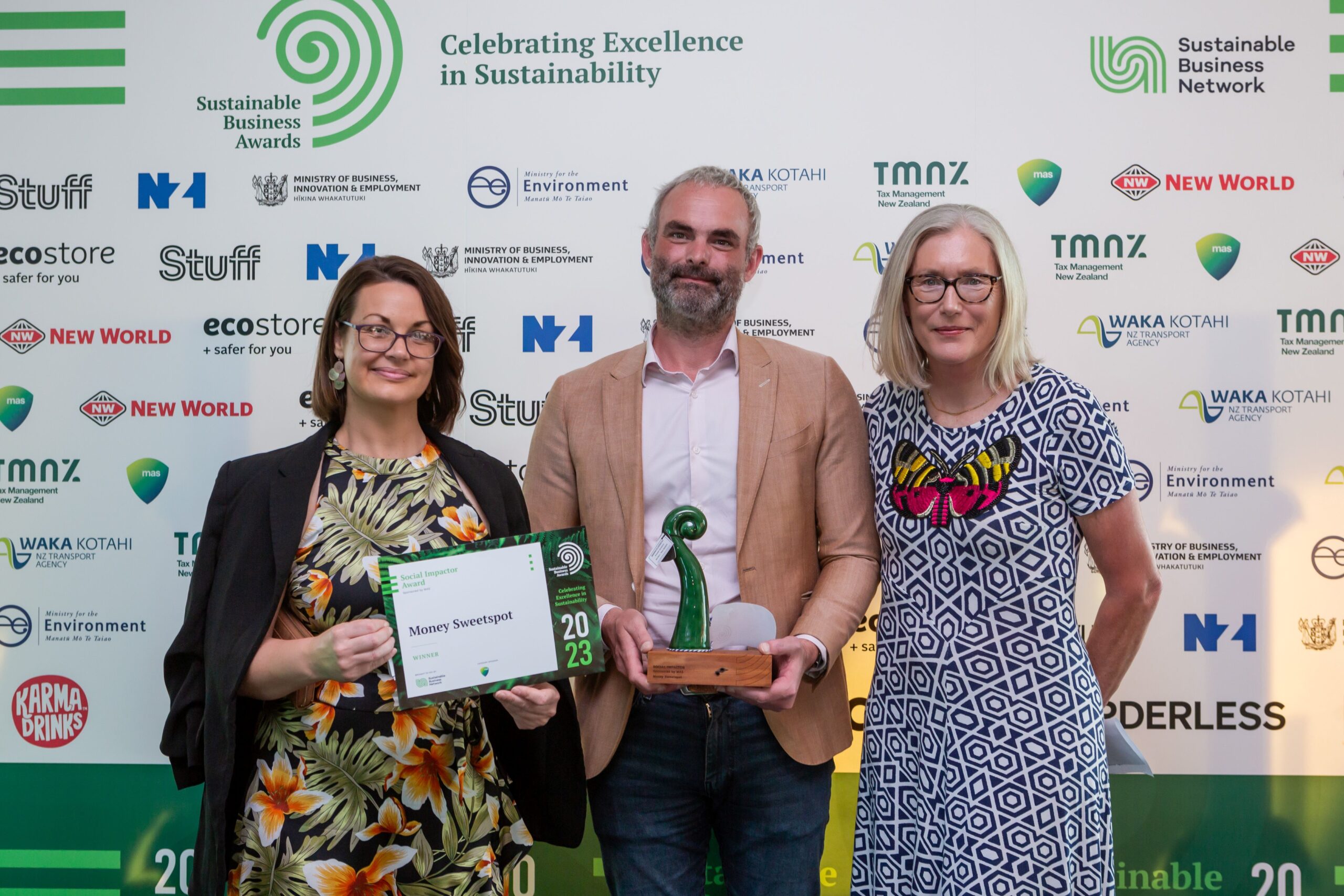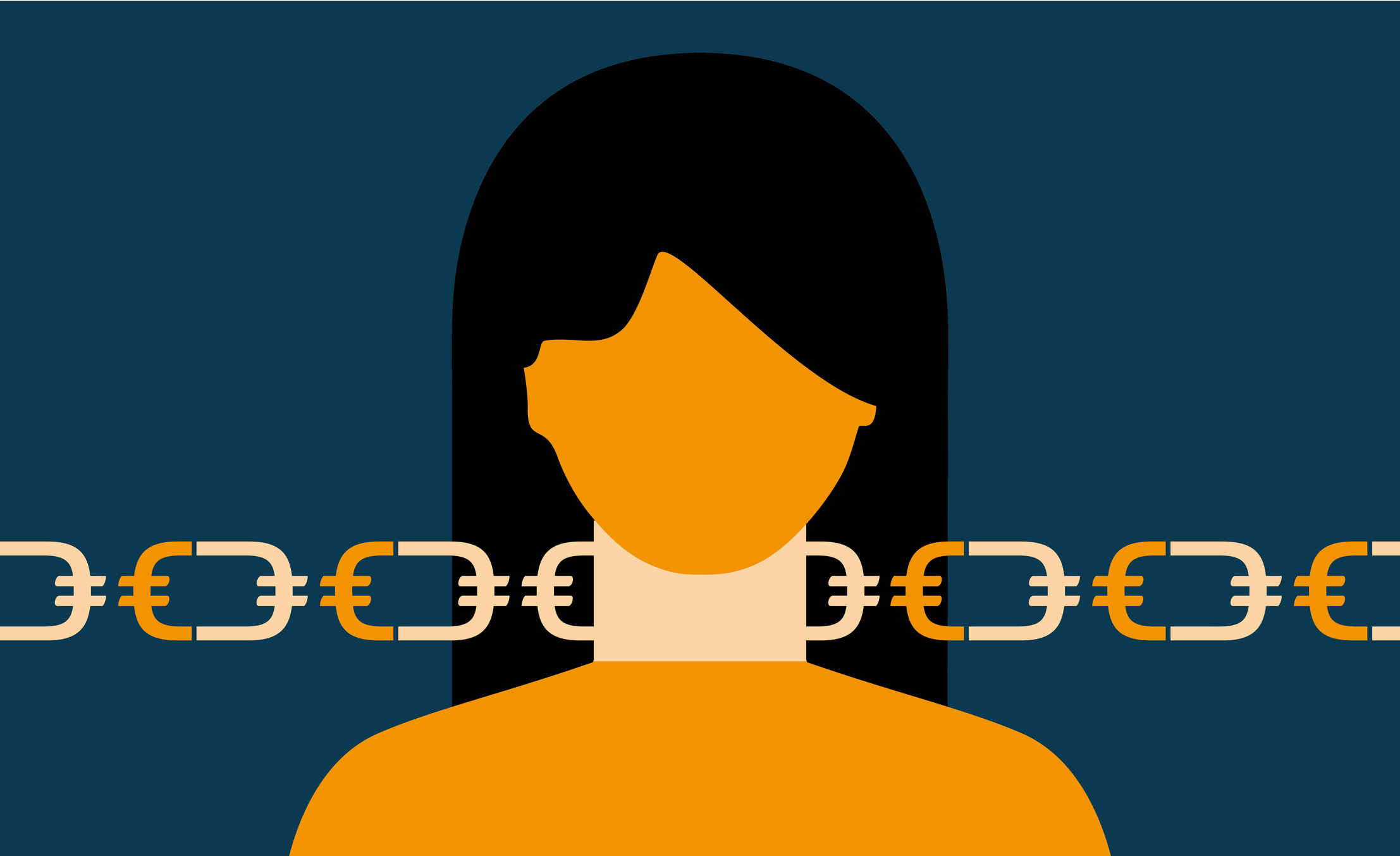NZ’s housing prices: finding a remedy
In Part Two of a two-part series on New Zealand’s skyrocketing house prices, Ashley Balls offers explanations and potential strategies for addressing the issue. The rapid increase in New Zealand’s […]
In Part Two of a two-part series on New Zealand’s skyrocketing house prices, Ashley Balls offers explanations and potential strategies for addressing the issue.
The rapid increase in New Zealand’s house prices has become such a problem that it distorts local debt markets and has become a classic debt-driven, speculative bubble. This is unusual, happening at a time when the overall economy is shrinking – as a result of Covid – and when illiquid investment prices would typically decline.
Whilst New Zealand has fared far better than most in managing the Covid scourge, the economy for 2021 and 2022 is likely to be smaller than it was in 2019 – yet commentators are, perversely, still talking up further price rises.
Property Investment 101
All investing entails risk and obviously nothing is certain, but there are some basic property investment rules that all prudent investors consider, namely:
- Make your profit when you buy – not when you sell. Purchase in the wholesale not the retail market and always buy at a discount. By the time a property is listed it’s in the retail market.
- Calculate your Net Operating Income (NOI) before buying. Gross rental income – less all expenses. NOI is likely to be in the range of 55 to 65 percent of gross rent. (Perhaps a little more if you value your time at zero.)
- Look at the real rate of return on your capital. Calculate NOI against purchase price; compare with other properties and historically. If the rate is falling (having taken changing interest rates into account) the price peak has already passed.
- Calculate the amount of deposit you need to ensure you have a positive cashflow after meeting all expenses. Do not rely on capital gain – leave that to dairy farmers.
- Minimise your transaction costs from buying and selling; agents, legal fees, advertising, refurbishment etc. This is why professional investors often only buy new, direct from the developer/builder and retain the properties.
There have been suggestions that, recession or not, house prices will continue to surge to satisfy the large number of Kiwis who have returned from overseas. The number of returnees at the time of writing was some 50,000 – 60,000. However, this is more than matched by the number of foreign, migrant and working-holiday personnel who have left in the same period – a number reported to be around 100,000 – mostly from the tourism, hospitality and agricultural sectors.
Moreover, once the Covid vaccination programme starts and gathers speed, leading to a safer world, many of the returned Kiwis might well go back to their former jobs overseas. In any event the pull of the ‘Big OE’ will return and see many young professionals head overseas again.
It is accepted that investment assets and commodity prices don’t normally increase while the following prevails: shrinking economy, insignificant inflation meaning cheap debt, a disproportionate share of all new debt going into property speculation, debt-to-income ratios at levels never seen before.
Then it begs the question: Are we heading for a train wreck and what can be done to stop it?[1]
Looking at Auckland as an example, current average income is $52,500 and the median house price is just over $1 million – or 10 times income. This multiple (10:1) is some two and half times the long-term average and would be unsustainable were it not for very cheap debt. A one percent rise in interest rates would increase mortgage repayments by 40 percent for those paying 2.5 percent.[2]
Could this be passed on to already stretched tenants? Unlikely, unless incomes increase or some rent support scheme is introduced. The latter would be political suicide.
Preventing the bubble from bursting
If people are starting to accept that a housing price bubble is developing and that far too much debt (40 percent of which comes from offshore) is going into property, can anything be done to stop any bubble from bursting?
The answer is yes, but there is no single lever that can be pushed/pulled that will deliver an outcome that does not seriously damage the entire economy.
In Part One I referred to two historical bubbles that burst and two more recent events – the share market crash of ’87 and the GFC of 2008. To some extent the 2008 crisis fuelled the housing problem as the then government decided that immigration of relatively high net worth individuals bringing their cash in would stave off the impact of the GFC. However, there was no concomitant increase in infrastructure spending to ensure services could meet the demands of a rapidly growing population. Whether roads, railways, water/power, Internet, healthcare, or education, New Zealand infrastructure is struggling to meet demand. This became clear in healthcare at the start of the Covid crisis when ICU beds, respirators and PPE were in very short supply and well below the levels of comparable countries. Money was printed to remedy the situation and there are pressing demands for more.
As my previous article suggested, housing supply may not be the core of the [price] problem as New Zealand has more than its fair share of deliberately empty properties. And here is a clue to what could be the first remedy – a requirement that all owners of more than one property must declare which is their principal residence. The declaration could be made by a very simple change to personal, trust and business tax returns[3]. Once that is established, different rules could apply to the financing of secondary properties. These could include:
- Higher rates of interest for investment property purchase.
- Higher loan to value ratios.
- Restrictions on equity in principal residence being used as deposit/security.
- Shorter repayment periods.
- A requirement for positive cashflow where rents must exceed the cost of borrowing and all other expenses.
- The application of lower debt-to-income multiples (e.g. no more than 3.5:1)
Tax considerations
Before going where property investors don’t want to go it is fair to ask why property gets special treatment when it comes to taxation. People investing in stocks, bonds, currency, pensions and managed funds have no such advantages, however the ownership of the assets is structured. Yet an average earning Aucklander ($52.5k p.a.)[4] with a median priced investment property ($1m) is currently experiencing an unrealised and untaxed annual capital benefit of up to two and half times annual gross earnings.
I am not an advocate of Capital Gains Taxes on principal residences but there are numerous tax changes that could be introduced, over time, to bring property investment into line with other investments (managed funds, shares etc.,) including:
- Capital Gains Tax on all realised[5] capital gains on all properties not classified as a principal residence.
- A wealth tax on investment property[6].
- An empty property tax payable on all properties left empty for six months or more.
- A land bank tax designed to make long term development land holdings much less profitable.[7]
- The return of estate duties[8] on a sliding scale starting with estates valued at say, $1m.
- Removal of mortgage interest tax relief on investment property debt.
The dangers of re-financing
Re-financing is distorting the economy – particularly income figures and all of it untaxed and only available to property owners. Property lawyers tell me they are doing as many re-financing deals as purchases and sales. Extrapolation of the numbers suggests there are some 100,000 a year – possibly more. Money realised through re-financing is used for multiple purposes, including as a deposit for the purchase of investment property, to buy a car/holiday/boat or to fund a family expense like a wedding, redundancy/job loss or even a divorce.
The arithmetic makes re-financing compelling, when looking again at the median Auckland house ($1m) and price inflation of 15 percent or more. When people who are paying off a mortgage of say $200,000 – $400,000 see the value of their home increase annually by two and half times the average salary, with simple mechanisms to convert some of this to cash for a very low cost, the results are obvious.
House valuation increases, low interest rates and easy availability of credit are distorting the economy.
If 100,000 people withdraw $25,000 each, every year some $2.5 billion of liquidity is created as an income supplement, tax free. Maybe Australia isn’t the only ‘lucky country’.
It would be unreasonable to outlaw re-financing but it may benefit from the application of some rules designed to separate a straightforward tax free income supplement from essential expenditure.
Affordability
This is an issue many commentators have ignored. It is a somewhat nebulous concept based on variables that are not constant across the population. For example, the proportion of net income that one person is prepared to spend on property costs – whether rent or ownership – varies from person to person and differs according to future income expectations, wealth, age and more.
However, two things are certain:
- The proportion of net household income spent on property occupation has never been higher – while interest rates have never been lower. In real terms they are close to zero – which means ‘free money’.
- The standard ratios and metrics used to measure property expenditure[9] have never been this extreme and this is occurring at a time when the size of new properties aimed at first time buyers is shrinking and society’s tolerance for debt is at its highest level.
Affordability has to some extent been skewed by the ability of the banks to create credit with the click of a mouse. This is a comparatively modern phenomenon as banks previously could only lend in direct proportion to the volume of deposits they held, and the lending levers were controlled by governments/the Reserve Bank.
The sustainability of value growth
There would appear to be an inexhaustible appetite for property purchase – almost at any price, on the assumption that prices can only go up and that if that investment looks to be in jeopardy the government will step in.
Property has become an investment class that defies all standard investment principles, with something akin to panic buying underway: all the elements of a classic investment bubble.
Property value increases can only continue while there is the capacity to pay and buyers outnumber sellers. If a tipping point is reached and prices exceed the capacity to service debt and/or supply is satisfied, prices will go into reverse, fast.
Debt servicing with virtually free money is not an issue but is unsustainable, especially when interest charges for personal loans, cars and credit cards are at the highest levels ever in real terms.
If the international credit markets – who supply over 40 percent of all New Zealand credit – determine that credit growth for property is unsustainable, the price of debt will go up overnight leading to market collapse. If this happens don’t expect government to step in as the costs would make funding Covid-19 look like a tea party.
One thing government could do is grow money supply by quantitative easing, but the volume required would devalue the Dollar and increase the price of all imports, causing inflation.
And the classic lever to control inflation is to increase interest rates.
Ashley Balls is a Europe-based legal and business commentator, author, and former NZBusiness columnist. He can be contacted at: [email protected](link sends e-mail) Part one of this series can be found here: https://nzbusiness.co.nz/article/nz%E2%80%99s-housing-prices-opportunity-or-crisis
[1] As Part One made clear, supply and demand are skewed by investors using thousands of empty residential properties as de facto deposit accounts.
[2] Whilst interest rates typically go up by fractions of one percent I have personally experienced mortgage rates going up by a full five percent between going unconditional and purchase completion. It occurred as a financial crisis unfolded.
[3] Where principal residence registrations are required overseas only one property can be registered per household.
[4] The annual average Auckland wage figure is taken from Stats NZ https://www.stats.govt.nz/information-releases/labour-market-statistics-income-june-2019-quarter and was $52,591 for Q2 2019.
[5] The difference between purchase and sale price of the investment. The rate of tax payable being the same rate as paid on earned income from all other sources
[6] There are numerous options available but one that works well in other countries is a tax on imputed rents. Typically, the charge is levied by the local taxation authorities and amounts to two percent of the imputed rent (a figure set by the local valuation authority). The tax is payable whether or not the property is occupied.
[7] The rate set based on a formula combining length of ownership, purchase price and current rating valuation.
[8] The lack of estate duties in NZ is unique among OECD countries
[9] Median house price: average income. Loan: income multiples. Debt: equity.






